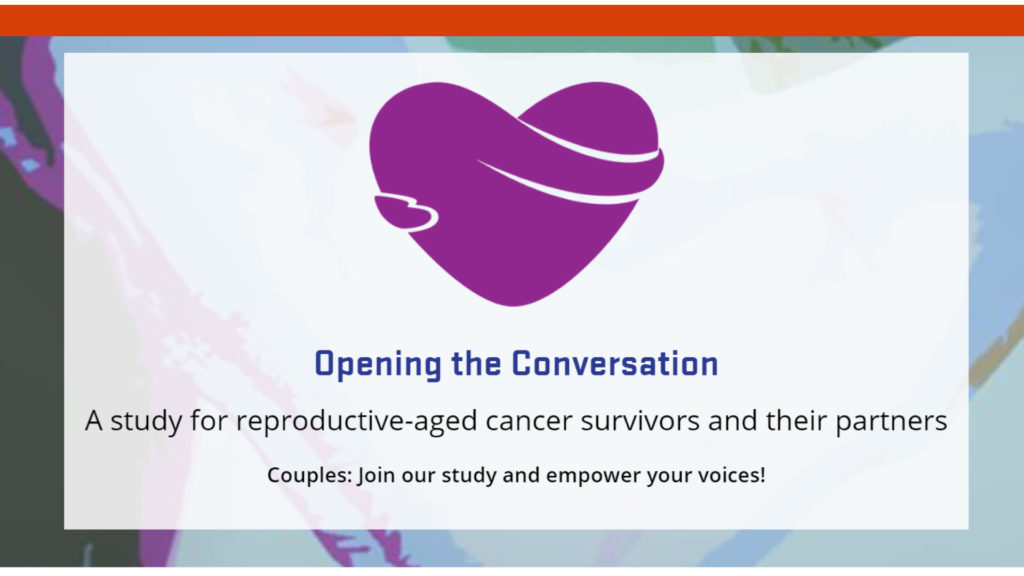Young adult survivors of breast and gynecologic cancer face a number of challenges, including interrupted life plans. As many as two-thirds of these young survivors experience negative effects of cancer and cancer treatment on their reproductive health, including sexual function and ability to have children. These are among the most distressing aspects of life after cancer for young survivors and their partners, and when left unaddressed, lead to poorer mental health and quality of life. Effective communication and coping are important for couples struggling with reproductive distress after cancer. Through their research, scientists at Oregon State University learned that many couples encounter significant challenges when faced with the reproductive and sexual health consequences of cancer. Yet, surprisingly, evidence-based programs are not available to help young couples manage this aspect of life after cancer.
These researchers are looking to adapt an existing program so that it specifically fills this gap. To do this, they will incorporate advice from young survivors, survivors’ partners, clinicians, and researchers. The new program will focus on fertility/family building and sexual health concerns after cancer, be tailored to meet the needs of young adult breast and gynecologic cancer survivors and their partners, include information about strategies shown to be effective to cope with reproductive health concerns after cancer, and be delivered by videoconference to reach couples living in rural and urban areas. They will enroll 100 couples in this study to compare this newly adapted program to the original program, which focuses on managing the impact of cancer more generally. Fifty couples will be randomly assigned to receive the new program and 50 couples will receive the original program.
They evaluate whether the new program leads to greater improvements in reproductive and sexual distress than the original program. They also expect to see improvements in other aspects of relationships, sexual functioning, and well-being. Additionally, they are interested in gaining knowledge about how the program works. They will study possible mechanisms, including improved coping and communication between couples, using data from both survey questions and interviews. Researchers expect this study to yield a feasible and effective program to reduce reproductive distress, which will lay the groundwork for making this program available to a wider audience in real-world settings. In the long term, this is expected to improve equity of access to information and supportive care for young survivors and their partners.
Help create a program for young couples dealing with reproductive and sexual health concerns after cancer! Get $20 for sharing your opinions during an interview. Find out more at health.oregonstate.edu/oc








